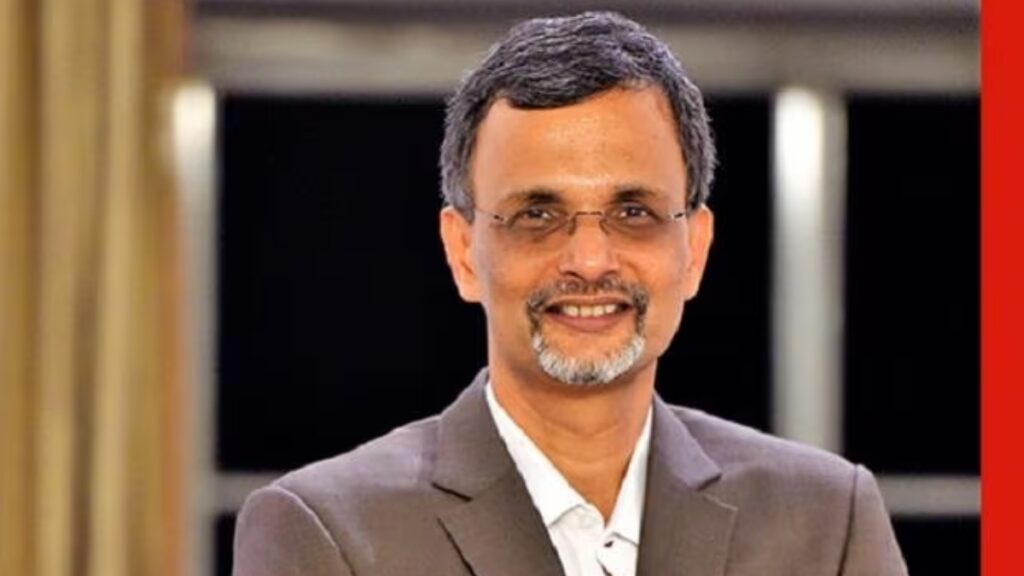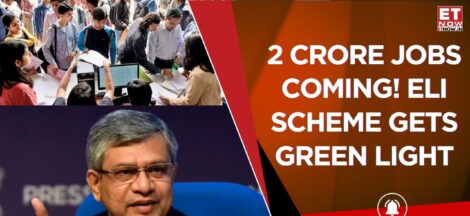NEW DELHI: Expressing optimism that private sector investment will continue to rise, chief economic adviser V Anantha Nageswaran on Thursday said the gross fixed capital formation (GFCF) rate may rise from 30.8% now to mid-30s, aiding India to grow at a sustainable rate when the world is going to be extraordinarily difficult.
Nageswaran said the critical drivers that will sustain growth towards Viksit Bharat 2047 include generating productive employment, addressing the skill gap challenge, tapping into the full potential of the agriculture sector, and enhancing India’s manufacturing and MSME growth through deregulation. Other priority areas include managing India’s energy security and transition, balancing rural-urban development, continuing support to high-quality capital expenditure, and making ‘Make in India’ synonymous with high quality through innovations, R&D and quality consciousness.
“If we achieve even 6-6.5% in the next 10 to 20 years and if external sector also pitches in with contributions in some years, then I think we can add to the 6-6.5% trend growth in those years when exports also can kick in, but that is going to be a much bigger challenge than before,” he said at a CII event here. He said global challenges may dictate what trend growth rates will be going forward.
He emphasized the importance of strengthening capital formation and expressed optimism that private sector participation will rise in the next five years due to improved balance sheets and profitability.
Capital formation as a share of GDP was 27.3% pre-Covid because of balance sheet issues in the private sector. Now, it has increased to 30.8%, largely because of government-driven public investment.
“But, I must add that the private sector is also beginning to deploy its capital with much better balance sheets, much better profitability, and that we think will continue. So, in that sense, we do see this number heading towards the mid-30s in the course of the next five years.”
He also highlighted the need to address growing concerns of mental health among India’s youth, exacerbated by screen addiction, sedentary lifestyles, and ultra-processed food consumption. “It is not just a government responsibility, but the responsibility of society and the private sector as well. If India has to leverage the demographic dividend, Indians should not only be physically healthy, but also be mentally healthy”, Nageswaran said.
Nageswaran said India’s economy is on track to achieve 6.5-7% growth rate the Economic Survey had pencilled in for FY25, he said.
He, however, said the spike in global supply chain disruptions because of the war in the Middle East and the ongoing conflict in Ukraine, are going to be enduring challenges.
Source: The Financial Express




 Centre Seeks Parliament Nod For Net Extra Spend Of Rs 44,143-Crore
Centre Seeks Parliament Nod For Net Extra Spend Of Rs 44,143-Crore 